Blogs
Home
>
Blogs
Industry Insights Hub
Practical Grease Trap Knowledge That Matters
This page brings together expert insights, compliance guidance, and practical advice for restaurant owners and commercial kitchens. Each article is written to help you prevent costly issues, understand regulations, and make informed maintenance decisions. Explore our blog to stay ahead of grease trap problems, improve operational efficiency, and protect your business with proven industry knowledge.
Discover and see why The Grease Company is the fastest-growing kitchen management servicer by calling 888-697-8910.
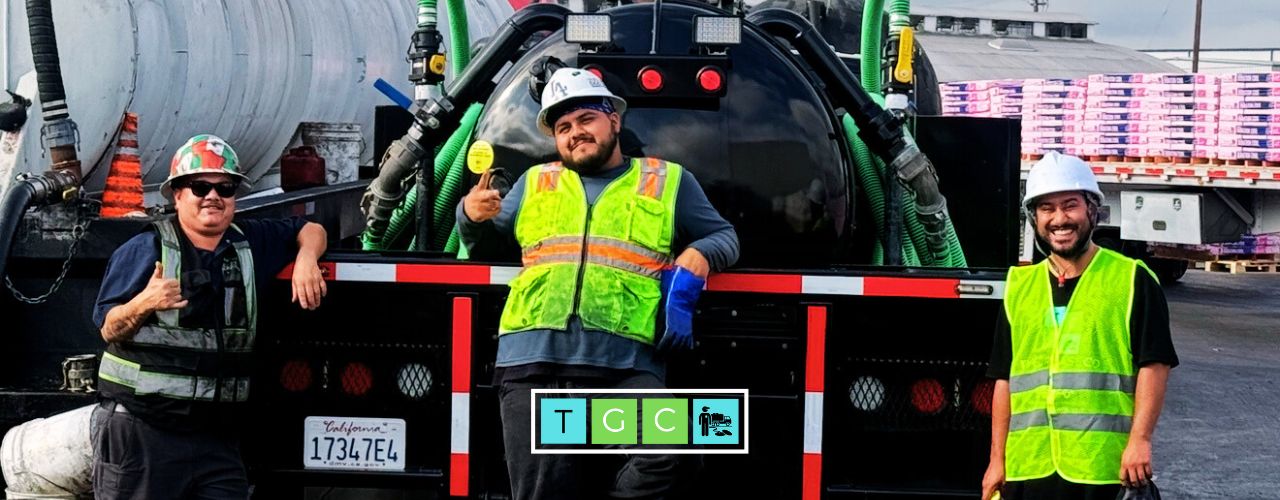
Blogs
Latest Grease Trap Cleaning Articles
Stay informed with expert tips and updates.
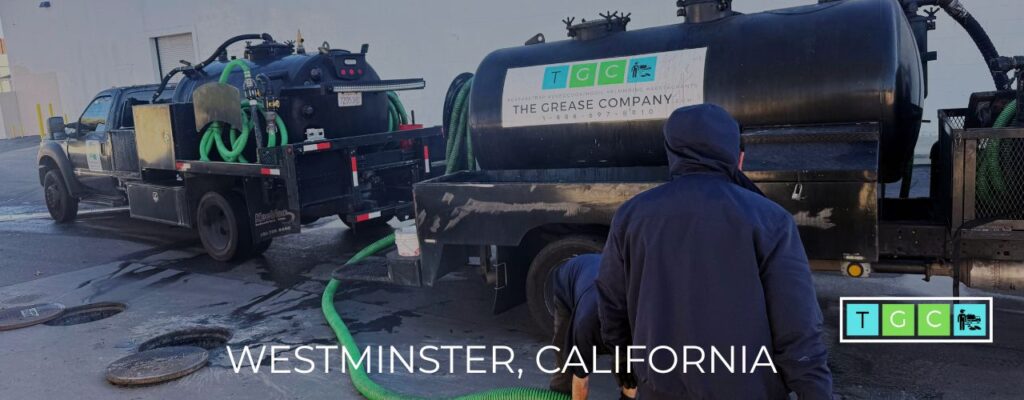
Pumping
4 Mins Read
Westminster Grease Management Services
Lack of routine grease trap cleaning and grease interceptor pumping have led to increased non-compliance citations for restaurants in Westminster, California.
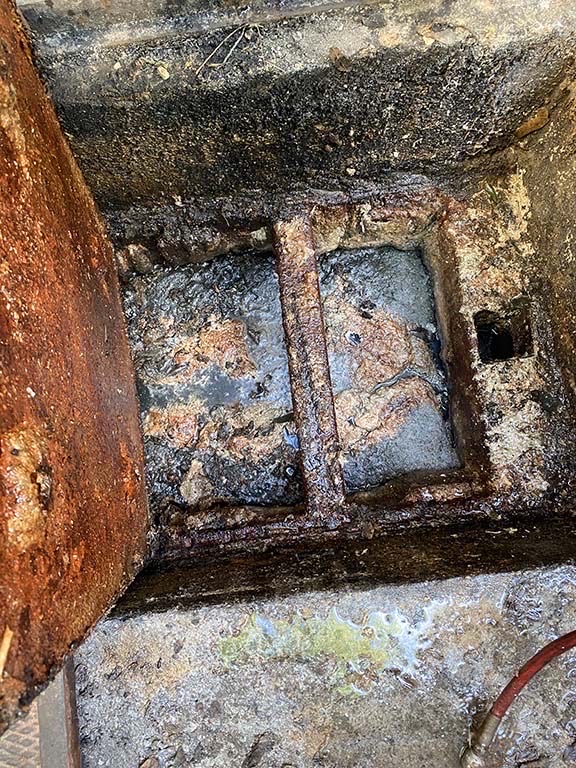
Pumping
4 Mins Read
SoCal Grease Pumping Service by The Grease Company
The substantial increase in sanitation sewer overflow has caused city inspectors in Southern California to observe ..
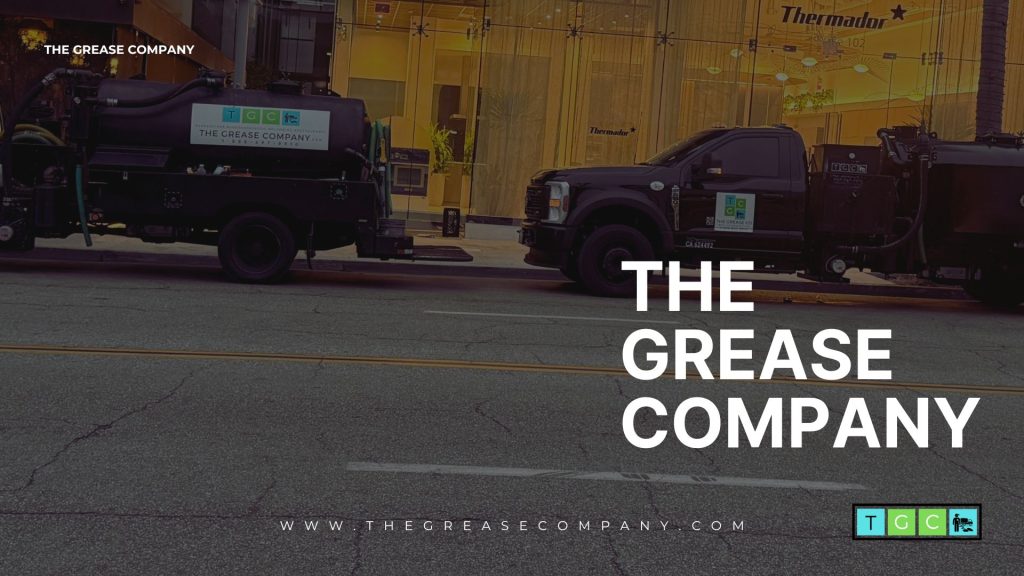
Pumping
4 Mins Read
Emergency Grease Trap Backups that costs money
Often overlooked, these unassuming devices play a crucial role in preventing chaos beneath the kitchen surface.
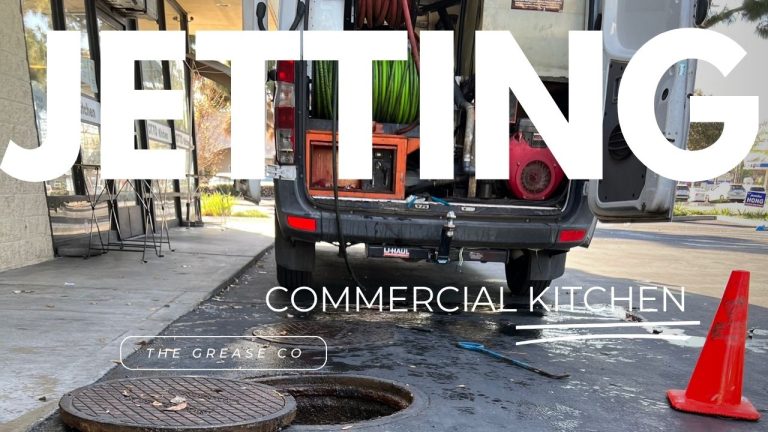
Pumping
4 Mins Read
Hydro Jet Plumbing Service For Grease and Food Sludge
A commercial kitchen hydro jet plumbing service plays a crucial role in minimizing the risk of overflows and slow drains.
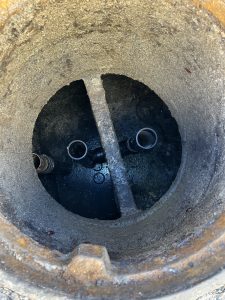
Pumping
4 Mins Read
Grease Trap - Interceptor Baffle T Repairs
Avoid expensive plumbing problems by promptly repairing grease trap baffles. Save on costs, prevent downtime, and stay compliant.
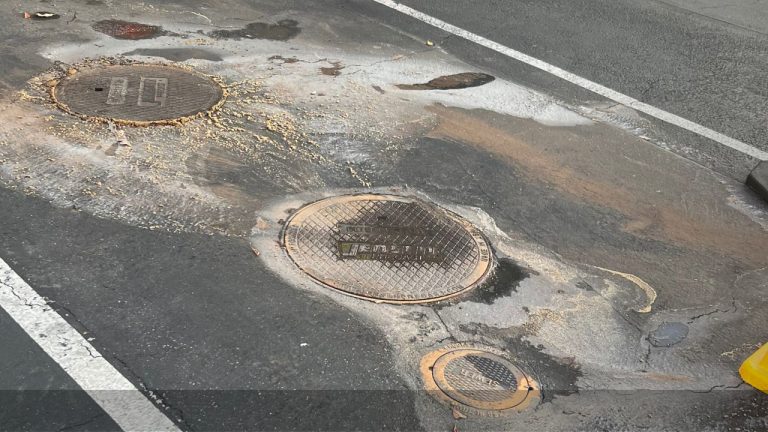
Pumping
4 Mins Read
Major Grease Trap Issues At Restaurants: Costly Consequences
Often overlooked, these unassuming devices play a crucial role in preventing chaos beneath the kitchen surface.

Pumping
4 Mins Read
Emergency Grease Trap Backups that costs money
Often overlooked, these unassuming devices play a crucial role in preventing chaos beneath the kitchen surface.

Pumping
4 Mins Read
SoCal Grease Pumping Service by The Grease Company
The substantial increase in sanitation sewer overflow has caused city inspectors in Southern California to observe ..

Pumping
4 Mins Read
Major Grease Trap Issues At Restaurants: Consequences
Often overlooked, these unassuming devices play a crucial role in preventing chaos beneath the kitchen surface.

Pumping
4 Mins Read
Hydro Jet Plumbing Service For Grease and Food Sludge
A commercial kitchen hydro jet plumbing service plays a crucial role in minimizing the risk of overflows and slow drains.

Pumping
4 Mins Read
Grease Trap - Interceptor Baffle T Repair for Restaurants
Avoid expensive plumbing problems by promptly repairing grease trap baffles. Save on costs, prevent downtime, and stay compliant.

Pumping
4 Mins Read
Westminster Grease Management Services
Lack of routine grease trap cleaning and grease interceptor pumping have led to increased non-compliance citations for restaurants in Westminster, California.
Take Action Now
Schedule Your Grease Trap Cleaning Today
Keep your kitchen safe, compliant, and efficient with professional grease trap service. Contact us now to book a cleaning and prevent costly backups, fines, or operational disruptions.
Client stories
What our clients say about our services
The service was not only quick but also thorough and professional. As a restaurant owner, I can’t stress enough how much I value their reliability and expertise.

Yama Mama
Riverside Restaurant Owner
The Grease Company was very responsive from my first call. Their prices were reasonable, and they cleaned my bakery’s grease trap within three business days.

Tracy and Francisco
Owner, Pacific Cuisine
I had an emergency overflow, contacted The Grease Co., and they were amazing- understood the urgency and stepped in to resolve my issue and save the day.

Ted Christos
Executive Chef, Sunset Resort
From the first phone call to the last, their can-do attitude was flawless. The staff went above and beyond to meet my deadlines- friendly, caring, and truly reliable.

Nash Jimenez
Manager, Downtown Diner
I had an emergency overflow and contacted TGC. They were amazing, understood the urgency, and immediately stepped in to handle everything.

Kim Pfister Rhodes
Long Beach Restaurant Owner
Best of the best, I had the best service from Grease comp. I had been calling to different companies. But Miko gave me the best service. THANK YOU! For everything.

Aracely Perez
Hollywood Restaurant Owner
The service was not only quick but also thorough and professional. As a restaurant owner, I can’t stress enough how much I value their reliability and expertise.

Yama Mama
Riverside Restaurant Owner
The Grease Company was very responsive from my first call. Their prices were reasonable, and they cleaned my bakery’s grease trap within three business days.

Tracy and Francisco
Owner, Pacific Cuisine
I had an emergency overflow, contacted The Grease Co., and they were amazing- understood the urgency and stepped in to resolve my issue and save the day.

Ted Christos
Executive Chef, Sunset Resort
From the first phone call to the last, their can-do attitude was flawless. The staff went above and beyond to meet my deadlines- friendly, caring, and truly reliable.

Yama Mama
Manager, Downtown Diner
I had an emergency overflow and contacted TGC. They were amazing, understood the urgency, and immediately stepped in to handle everything.

Kim Pfister Rhodes
Long Beach Restaurant Owner
Best of the best, I had the best service from Grease comp. I had been calling to different companies. But Miko gave me the best service. THANK YOU! For everything.

Aracely Perez
Hollywood Restaurant Owner
Protect Your Kitchen With Expert Grease Management
Keep your kitchen safe, clean, and fully compliant with our licensed, professional grease trap services. Call today for fast, reliable, and eco-friendly solutions tailored to your business needs.